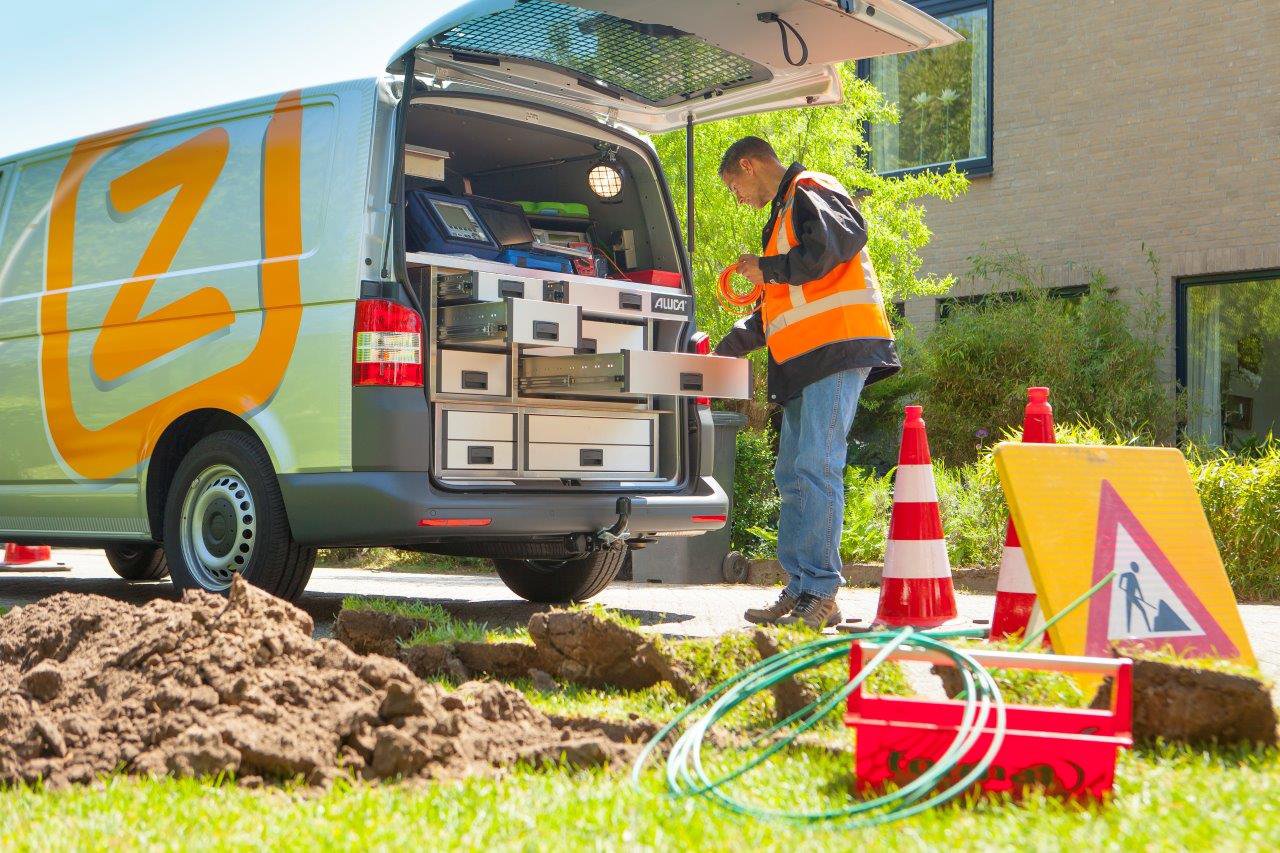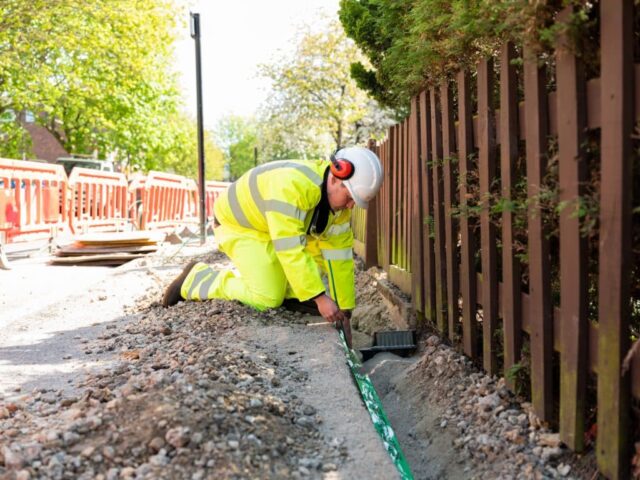Ziggo servicemen equipped with an AED in their service van, have been called out to fifty emergency situations in the last year. In thirty cases they have been able to offer help, not only in the form of resuscitating a victim but also in keeping onlookers at bay and assisting the emergency services.
Last year, Ziggo announced that it would make the Netherlands ‘heart safer’. At that time, twenty-five Ziggo servicemen were trained and provided with an AED in their service van. This is a device capable of giving an electrical shock to restore heart rhythm after a cardiac arrest. Today, more than 75 servicemen are driving a van equipped with an AED.
The servicemen have a resuscitation certificate and are registered as certified first responders. This means they can be notified by 112 when someone in the area suffers a cardiac arrest.
Nicole Hoebink, Director Installation & Maintenance said: “Our servicemen drive up and down the country and with 1.2 million customer visits a year, so there is always someone nearby. The efforts of the Ziggo servicemen, driving all over the country, can, therefore, save lives.”
In practice, it’s not always feasible for the professional emergency services to be on the spot in those crucial first few minutes.
The alarm system for certified first responders uses GPS, so Ziggo servicemen are automatically alerted when someone suffers a cardiac arrest in the vicinity of their work location. In this way, they can immediately come to the rescue with the AED.
Marten-Jan Talens, regional manager West Netherlands Ziggo and initiator of the project looks back on the past year with pride. “More and more people consider their Wi-Fi connection as some kind of basic need. This project once again makes us face the facts: that our real basic needs are in fact breathing and a pulse. The Ziggo servicemen hugely appreciate that – next to their normal duties – they can play an important role in emergency situations. Our plan is to familiarize more servicemen with the use of the AED, in order to make the Netherlands even more ‘heart safe’.”
Each year, approximately seventeen thousand people suffer cardiac arrest outside the hospital. The number of certified first responders has increased this past year by more than a third to 225,000 people. The number of registered AEDs by more than 45 percent to nearly eighteen thousand devices. Certified first responders reach a victim on average 2.5 minutes earlier than the emergency services. They can bring an AED and start the resuscitation (Source: Heart Foundation).







